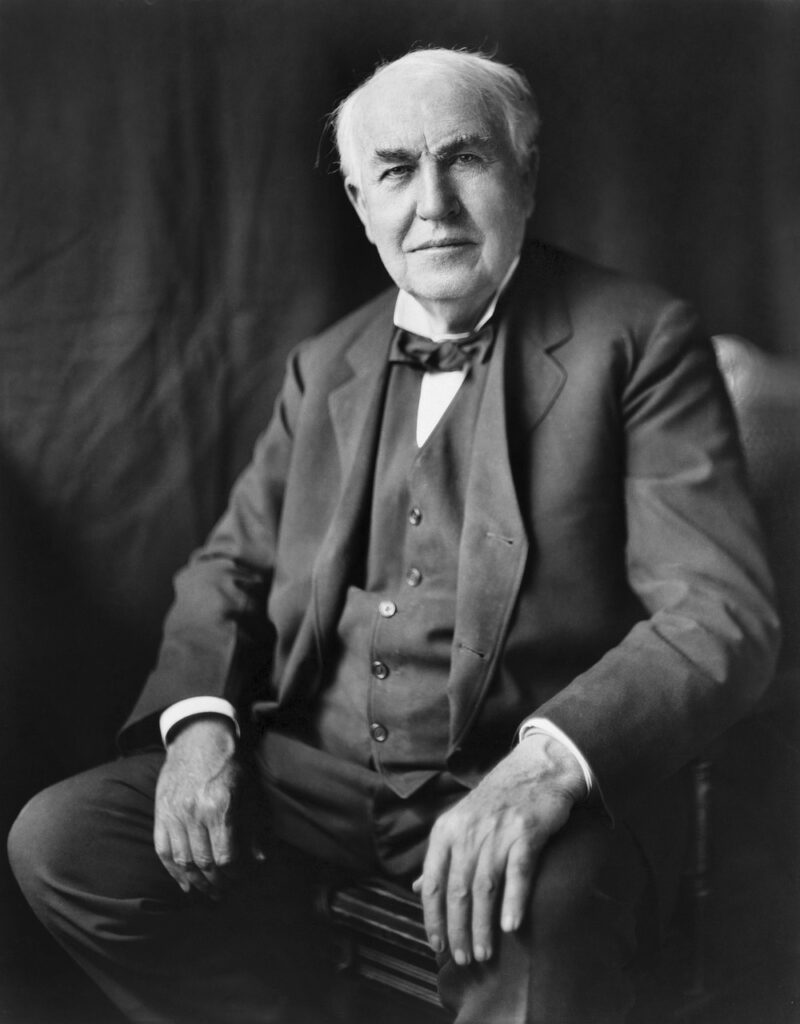This post contains compensation links. A compensation link means I earn a fee if you purchase through my link, at no extra cost to you. Thank you for your support.
There’s a rare kind of energy that comes from people who refuse to entertain the notion of failure.
Are you one of them?
It’s not ignorance or arrogance—it’s a mindset, a way of living that leaves no room for self-doubt to take root.
These are the people who say, “Don’t talk defeat to me.”

And when they say it, it’s not just a way of silencing negativity; it’s a bold statement of their unwavering faith in bouncing back, seeing opportunities, and having rock-solid self-assurance.

The Power of Words
Words have so much power.
They can lift you up, pump you up, and motivate you, or they can bring you down, crush your spirits, and linger like a bad memory.
When someone keeps talking about failure—like saying “I can’t handle this,” “This is too hard,” or “It’s going to be a disaster”—it starts to affect the vibe, for them and for those nearby.

On the other hand, flipping the script changes the game altogether.
A simple refusal to allow defeatist talk into your life creates a mental fortress of possibility.
Saying, “Don’t talk defeat to me” isn’t just about blocking negativity; it is also about creating space for solutions, opportunities, and hope.

Resilience: A Mindset, Not a Gift
Don’t fall into the trap of thinking resilience is something only a lucky few have.
Actually, it’s not a trait you’re born with—it’s a mindset, a decision to take on every hurdle as a chance to grow.

It all starts with how you see things.
Resilient people don’t pretend fear and mistakes don’t exist; they face them head-on and keep moving forward.
When you embrace the “don’t talk defeat to me” attitude, something fascinating happens in your mind.
Suddenly, your obstacles don’t seem as insurmountable.
Instead of throwing in the towel at the first sign of trouble, you find yourself pondering, “What’s the next step?

How can I approach this differently? What tweaks can I make to turn this around?”
Failure starts to feel less like a dead-end and more like a brief detour on the road to success.
A Shield Against Doubt and Negativity
Life is like a tug-of-war between the ups and downs.

Even if you’re a glass-half-full kind of person, negativity has a crafty way of slipping in—whether it’s from the news, social media, toxic people, or even your own self-doubt.
That’s why it’s key to confidently shut down any voice—inside or out—that tries to bring you down.
Imagine a scenario. You’re working toward a goal, but obstacles keep cropping up.
You confide in someone close to you, hoping for encouragement, and they respond with, “Maybe you’ll never get there. Maybe this isn’t meant for you.”

It’s a terrible feeling—but not an uncommon one.
The moment you allow someone else’s defeatist attitude to seep into your thinking, you’ve already started to drift away from your progress.
This is where “don’t talk defeat to me” becomes a shield.
It’s a way of saying, “I respect your opinion, but I refuse to let it define me.”

Think of these words as a safety net, nudging you to fiercely protect your mental space. 🌟
The Role of Self-Talk
But it’s not just about silencing the defeatist remarks of others.
In fact, the loudest voice you’ll ever hear is the one inside your own head.
For many of us, that inner voice tends to be our harshest critic.
We berate ourselves for mistakes, question our abilities, and spiral into negativity far too quickly.

When that happens, the “don’t talk defeat to me” principle applies inwardly, too.
Catch yourself in those moments.
Replace “What if I fail?” with “What if I succeed?”
Shift from “This is too hard for me” to “I’ve overcome challenges before—I’ll rise to this one, too.”

Remember, nothing is too hard for the Lord. (Genesis 18:14)
Becoming aware of your self-talk and consciously redirecting it is the ultimate act of self-empowerment.
Inspiration from Those Who Refused Defeat
History is filled with countless stories of greatness born from resilience.
Thomas Edison famously failed thousands of times before inventing the electric lightbulb, but viewed each attempt as a step closer to success.

Every elite athlete, artist, entrepreneur, or visionary has faced moments of doubt and hardship but refused to give in.
These people live by the “don’t talk defeat to me” mantra in action.
They didn’t allow defeat to define them because they knew that every challenge was an opportunity in disguise.

Practical Ways to Silence Defeat
Adopting this mindset doesn’t mean ignoring reality or pretending life is perfect.
Challenges will come, and there might even be moments when you feel overwhelmed.
But there are ways to shift your focus and keep defeat from speaking too loudly.

Surround Yourself with Believers: Spend time with people who uplift and encourage you.
Iron sharpens iron, and a positive circle of influence matters.
Focus on Solutions: When a problem arises, stop dwelling on what went wrong.
Instead, immediately ask how you can move forward.

Embrace the Little Victories: 🎉
Progress takes time, and recognizing every small victory helps boost your confidence in facing obstacles.
Cheers to your capability! 🌟
Practice Gratitude: When you’re focused on what you have, rather than what you lack, it’s easier to see obstacles as temporary.
Develop Emotional Discipline: Don’t let temporary frustrations lead to permanent negativity.
Learn to control your reactions and focus on what truly matters.
A Final Word
When you say, “Don’t talk defeat to me,” you’re not just rejecting negativity—you’re affirming your commitment to rise.

It’s a bold proclamation that you won’t let fleeting obstacles or the opinions of others dictate your path.
Life presents us all with challenges, but how you frame those challenges is entirely up to you.
So, take a moment to reflect.
How do you react to setbacks? Do you allow defeat to linger?
Or will you boldly declare, “Don’t talk defeat to me”—and remain steadfast in your journey forward?

The choice is yours.
Yet in all these things we are more than conquerors through Him who loved us. (Romans 8:7)







